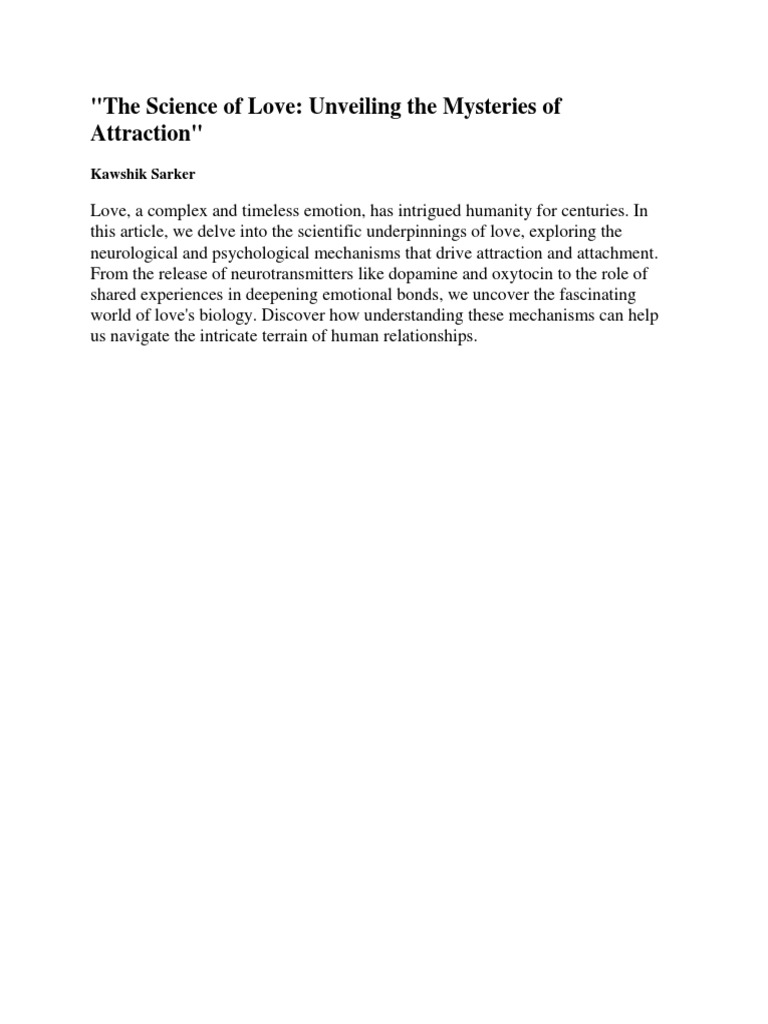The teachings of the Bahá’í Faith encompass a rich tapestry of spiritual and ethical principles, particularly emphasizing the profound themes of love and affinity. Central to these teachings is the notion that love is not merely an emotional state but a dynamic force that fosters unity, promotes harmony, and advances the collective good of humanity. This discourse seeks to elucidate the concept of love within the Bahá’í framework—exploring its dimensions, manifestations, and implications for individual and communal life.
At its core, the Bahá’í understanding of love evolves from its definition as a fundamental spiritual principle that serves as the foundation for all relationships. Love, in this context, is perceived as a divine attribute, a reflection of the creator’s essence. It is posited that through the cultivation of love, individuals can connect with their higher selves and engage more authentically with others. This connection is deemed essential for achieving personal growth and spiritual advancement.
However, love within the Bahá’í paradigm transcends individual affection; it manifests as a collective responsibility toward humanity. It is an expansive, inclusive force that is not limited by racial, national, or religious boundaries. The Bahá’í writings emphasize that true love must embody justice, compassion, and a sense of duty towards others. This is particularly salient in the contemporary world, where division and discord often disrupt social harmony. Bahá’ís are called to embody love as a ‘unifying force,’ encouraging the eradication of prejudice and the promotion of equality and justice.
In examining the manifestations of love, it is vital to highlight that the Bahá’í teachings delineate various dimensions of love. These dimensions can be categorized into several types, including love for God, love for oneself, love for humanity, and love that inspires service. Each type plays an integral role in constructing a moral framework.
Love for God is considered the highest form, wherein the devotee seeks to understand and emulate divine attributes. This reverence cultivates a sense of purpose, driving the believer toward introspection and self-improvement. The Bahá’í writings describe this love as a penetrating force that transforms the heart and motivates individuals to live in accordance with divine will. Through prayer, meditation, and reflective practices, adherents develop a profound affinity with the Creator, leading to an enriched spiritual life.
Equally significant is the love one must harbor for oneself. This concept may appear paradoxical, yet it is essential for fostering a sense of self-worth and recognizing the intrinsic value of one’s existence. Bahá’í teachings advocate for the idea that positive self-regard is not synonymous with egotism; instead, it paves the way for meaningful engagement with others. In nurturing self-love, individuals are better equipped to extend love outward, leading to more fruitful and compassionate interactions.
Moreover, love for humanity epitomizes the Bahá’í commitment to global unity. This form of love encompasses empathy, kindness, and a desire to alleviate suffering. It necessitates a shift in perspective—seeing oneself as part of a broader human family. Engaging with this profound love encourages individuals to contribute actively to social betterment, fostering an environment conducive to cooperation and mutual support. Initiatives aimed at eradicating poverty, promoting education, and advocating for human rights are expressions of this love manifesting in action.
Another pivotal aspect of love is its ability to inspire service. Authentic love compels individuals to serve their communities and humanity at large. The Bahá’í Faith posits that service is a spiritual obligation, not merely an altruistic endeavor. By engaging in service, individuals can weave an intricate fabric of mutual aid and support, reflecting the interdependence of all human beings. Service acts as a catalyst for profound connections, nurturing an environment where love and affinity flourish.
The interrelatedness of love and affinity is particularly emphasized in the Bahá’í teachings. Affinity, or the harmonious bonds that unite people, is seen as an extension of love. It reflects the way in which love can bind individuals together, forging connections based on shared ideals, aspirations, and visions of a better world. The Bahá’í community embraces this principle, cultivating a spirit of collaboration that extends to interfaith dialogue, cooperative social action, and the establishment of peace. These initiatives illustrate that love catalyzes action and fosters environments of understanding.
In contemplating the transformative power of love and affinity, it becomes evident that the Bahá’í teachings offer a compelling roadmap for personal and societal evolution. The call to action is explicit: individual transformation is a prerequisite for communal harmony. As adherents practice love in its myriad forms, they contribute to building a world characterized by unity, understanding, and mutual respect.
Furthermore, this path of love is dynamic, ever-evolving, and responsive to the challenges facing humanity. As society grapples with issues of inequality, conflict, and disillusionment, the Bahá’í teachings call for innovative expressions of love that transcend traditional boundaries. Whether through artistic endeavors, educational reforms, or grassroots activism, love can manifest in diverse and impactful ways.
In closing, exploring the Bahá’í teachings on love and affinity unveils a multi-layered understanding of human connection that is both timeless and pertinent. These teachings invite individuals to engage in a lifelong journey of love—one that inspires profound transformation and collective flourishing. As aspirants align their lives with these principles, they cultivate environments where love not only exists but thrives boldly across all divides, fostering the emergence of a peaceful, united, and flourishing world.
